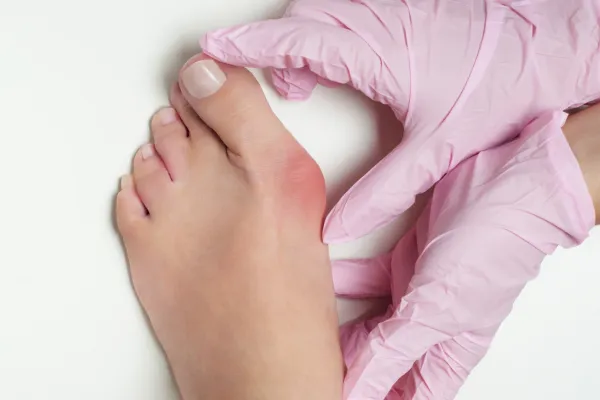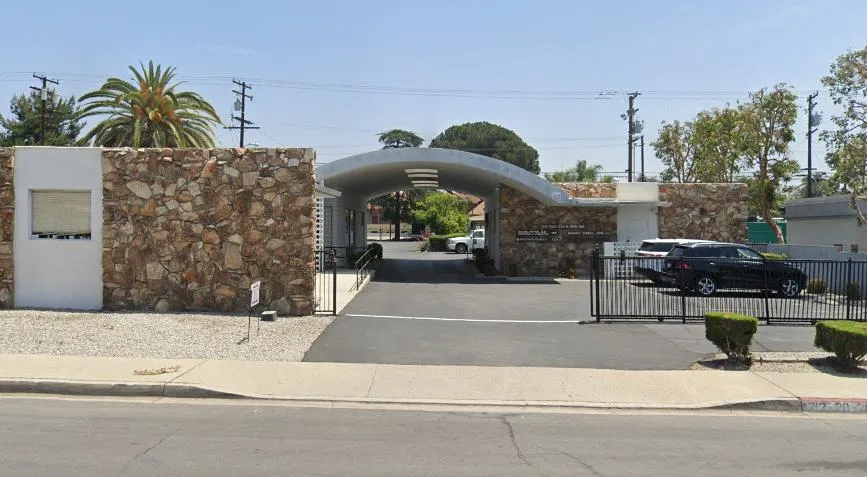
Can Bunions Get Worse If I Ignore Them?
If you’ve noticed a bump growing near the base of your big toe, you might be dealing with a bunion. At first, it might not seem like a big deal. Maybe it’s just a little sore after a long day or your shoes feel snug. So you figure—no biggie, right?
Well, not exactly.
Bunions don’t go away on their own. In fact, ignoring a bunion can make it worse over time. Let’s break down what’s really going on with bunions, what can happen if you leave them untreated, and what you can do to feel better and protect your feet.
What Is a Bunion, Really?
A bunion is more than just a bump—it’s a bone deformity. It happens when the joint at the base of your big toe shifts out of place, causing the toe to lean inward toward the others. Over time, the joint sticks out and becomes more prominent. That bump you see is actually part of your foot's structure changing.
Sometimes bunions are caused by genetics, but they can also get worse from things like:
Wearing tight, narrow, or high-heeled shoes
Standing or walking a lot on hard surfaces
Foot injuries
Arthritis or joint issues
So, Can They Really Get Worse?
Yes—bunions often progress over time, especially if the root causes aren’t addressed.
Here’s how they can worsen:
Increased pain and swelling: What starts as mild discomfort can turn into daily pain.
Changes in how you walk: You may start shifting your weight to avoid pressure on the bunion, which can lead to new pain in your knees, hips, or back.
More foot problems: Bunions can lead to corns, calluses, hammertoes, or even ingrown toenails.
Limited movement: The joint may become stiff and hard to bend.
Trouble finding shoes that fit: The bump can make wearing normal shoes uncomfortable or even impossible.
Ignoring the issue doesn’t mean it goes away—it usually means you’ll have more problems down the road.
What Are the Signs It’s Getting Worse?
If you’re not sure whether your bunion is progressing, watch for these signs:
Pain becomes more frequent or intense
Swelling or redness around the joint
Difficulty walking or standing for long
The bump appears larger
You start avoiding certain shoes or activities
These are your body’s way of waving a red flag.
Is Surgery the Only Option?
Not at all! Surgery is usually the last resort, and many people can manage their bunions without it—especially if they start early.
Here are some non-surgical treatments that can help:
Custom orthotics to take pressure off the joint
Padding or toe spacers to reduce rubbing
Wearing supportive, wide-toed shoes
Anti-inflammatory medication or ice for flare-ups
Gentle stretching or physical therapy for flexibility
If your bunion is severe or you’ve tried everything else without relief, bunion surgery might be the best option. The good news? Techniques have come a long way—many are now minimally invasive with shorter recovery times.
When to See a Podiatrist
If your bunion is bothering you, changing the way you walk, or making it hard to wear shoes comfortably, it’s time to talk to a podiatrist. The sooner you get it checked out, the easier it is to treat.
At Pomona Valley Podiatry, we’re here to help you stay active, pain-free, and confident on your feet. Whether you’re just starting to notice a bunion or have been dealing with one for years, we can create a treatment plan that fits your lifestyle and goals.
Final Thoughts
You don’t have to live with foot pain. Bunions get worse if you ignore them—but you don’t have to. There are simple, effective ways to treat them before surgery is even on the table.
Let’s keep you moving, comfortably.
Ask And His Team
Fill in the form to request a Call From Our Team
One of our team will call you for FREE and answer any questions or concerns you may have about your uncomfortable foot condition





